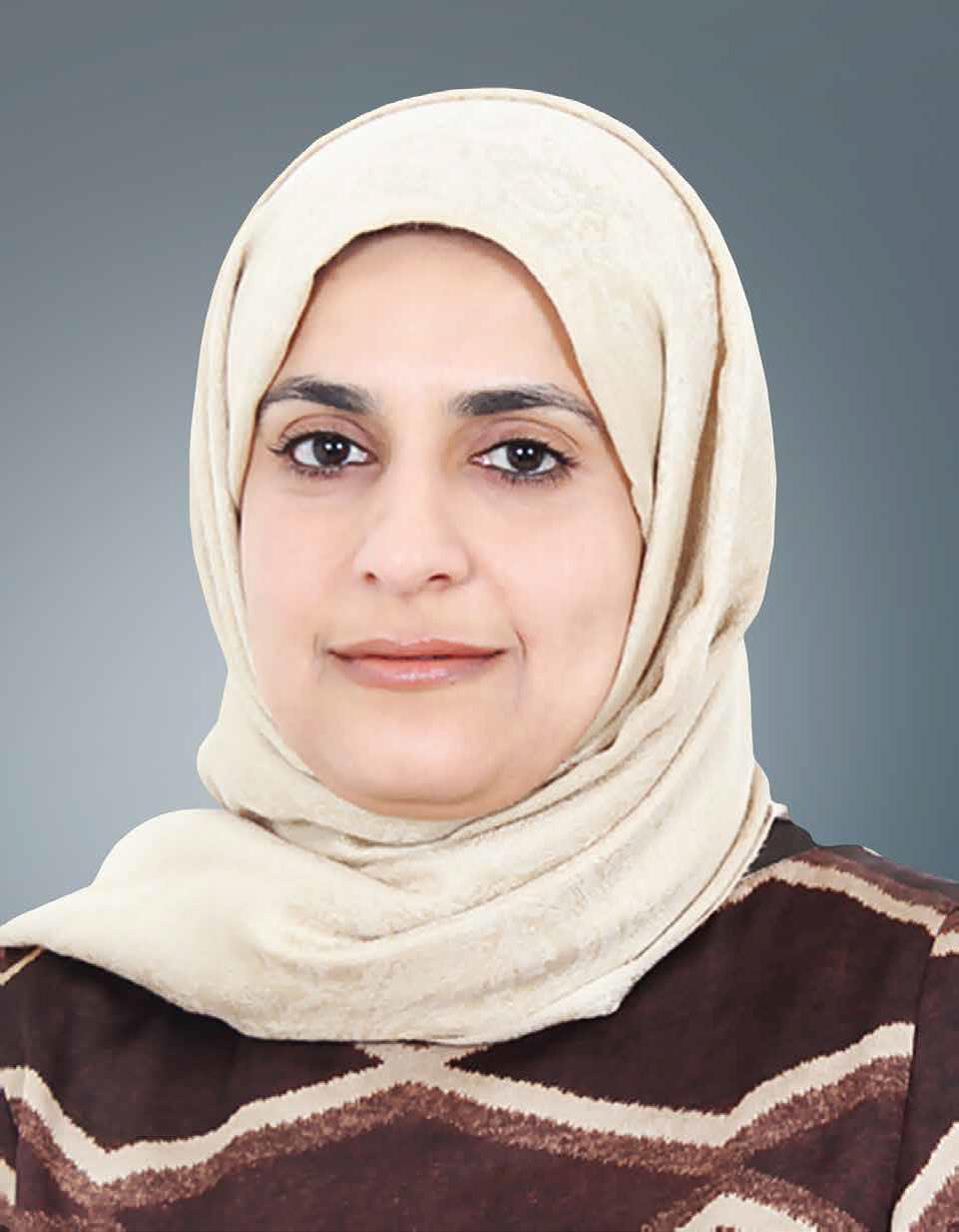Scientific Program

Maheeba Abdulla
Salmaniya Medical Complex
Bahrain
Title: Inflammatory bowel disease in Bahrain: Single-center experience
Biography:
Maheeba Abdulla is Consultant Gastroenterologist and Hepatologist at Salmaniya Medical Complex, Bahrain. After gaining her medical degree, she completed her residency and subsequently undertook an international fellowship in gastroenterology and Hepatology at king Faisal Specialist Hospital in Riyadh, Saudi Arabia followed by two fellowships in liver transplantation and advanced therapeutic endoscopy at King’s College London and Queen Alexandra Hospital, Portsmouth, both in the UK. She has published several original articles and presented posters at international meetings. At present her research interests focus on hepatitis C virus infection, Hepatitis B virus infection and inflammatory bowel disease.
Abstract
Purpose: The number of newly diagnosed inflammatory bowel disease (IBD) cases such as ulcerative colitis (UC), Crohn’s disease (CD), and indeterminate colitis (IC) is rapidly increasing in Gulf countries and Saudi Arabia. The aim of this study was to investigate the incidence and prevalence of IBD in patients who have attended the Salmaniya Medical Complex, Bahrain, between the years 1984 and 2014.
Patients and methods: All patients who had attended the Salmaniya Medical Complex, Bahrain, and had been diagnosed with UC, CD, or IC, between the years 1984 and 2014, were included in the analysis. Data collected were: patient demographics, symptoms, clinical signs, complications, surgical interventions, extent of disease, endoscopic findings, histopathology, and lab measurements.
Results: A total of 187 cases were included; 61 had CD, 123 had UC, and a further 3 cases presented with IC. A clear increase in the incidence and prevalence of IBD can be seen in this cohort. The prevalence of IBD was calculated to be 26.25/105 cases. The average number of IBD cases increased from 3 cases (average for the years 1984–2001) to 12 cases (average for the years 2002–2014). A number of factors correlate positively or negatively with CD and UC. In the current study, a link between gastrointestinal complications in CD cases and the use of steroids as a treatment was noted (p-value −0.02). Age also had a significant influence on the need for surgery in CD cases (p-value −0.04), and a family history of UC was statistically linked to surgical intervention (p-value −0.05).
Conclusions: IBD can no longer be considered a rare disease in Bahrain. The incidence of both UC and CD is steadily increasing. There is a need for increasing awareness of the Bahraini public to IBD in order for proper medical care to be given.
- Advances in Gastroenterology
- Endoscopy
- Gastrointestinal Surgery
- Endoscopic Procedures and Surgeries
- Pediatric Gastroenterology
- Complications in Endoscopy
- Gastrointestinal Diseases during Pregnancy
- Liver Diseases and Gastroenterology, Digestive Diseases
- Gastrointestinal Infections
- Digestive Diseases and Endoscopy
- Nutrition & Gastroenterology
- Intestinal Rehabilitation
- Bariatric Surgery
- Cellular & Molecular Gastroenterology

